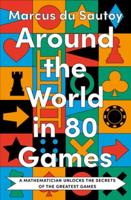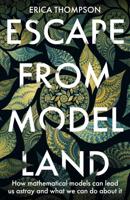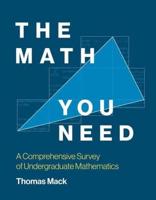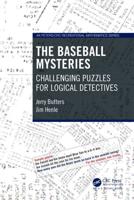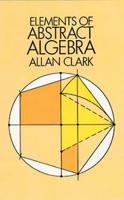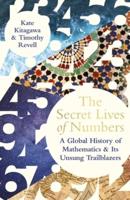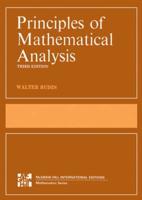Publisher's Synopsis
The author of The Golden Ratio tells the "lively and fascinating" story of two nineteenth-century mathematicians whose work revealed the laws of symmetry (Nature).
What do Bach's compositions, Rubik's Cube, the way we choose our mates, and the physics of subatomic particles have in common? All are governed by the laws of symmetry, which elegantly unify scientific and artistic principles. Yet the mathematical language of symmetry-known as group theory-did not emerge from the study of symmetry at all, but from an equation that couldn't be solved.
For three centuries, the quintic equation resisted efforts by mathematicians to find a solution. Working independently, two great prodigies ultimately proved that it couldn't be solved by a simple formula. These geniuses, a Norwegian named Niels Henrik Abel and a romantic Frenchman named Évariste Galois, both died tragically young. Their incredible labor, however, produced the origins of group theory.
The first extensive, popular account of the mathematics of symmetry and order, The Equation That Couldn't Be Solved is told not through abstract formulas but in a dramatic account of the lives and work of some of the greatest mathematicians in history.
What do Bach's compositions, Rubik's Cube, the way we choose our mates, and the physics of subatomic particles have in common? All are governed by the laws of symmetry, which elegantly unify scientific and artistic principles. Yet the mathematical language of symmetry-known as group theory-did not emerge from the study of symmetry at all, but from an equation that couldn't be solved.
For three centuries, the quintic equation resisted efforts by mathematicians to find a solution. Working independently, two great prodigies ultimately proved that it couldn't be solved by a simple formula. These geniuses, a Norwegian named Niels Henrik Abel and a romantic Frenchman named Évariste Galois, both died tragically young. Their incredible labor, however, produced the origins of group theory.
The first extensive, popular account of the mathematics of symmetry and order, The Equation That Couldn't Be Solved is told not through abstract formulas but in a dramatic account of the lives and work of some of the greatest mathematicians in history.

